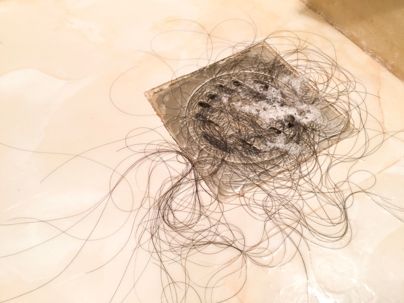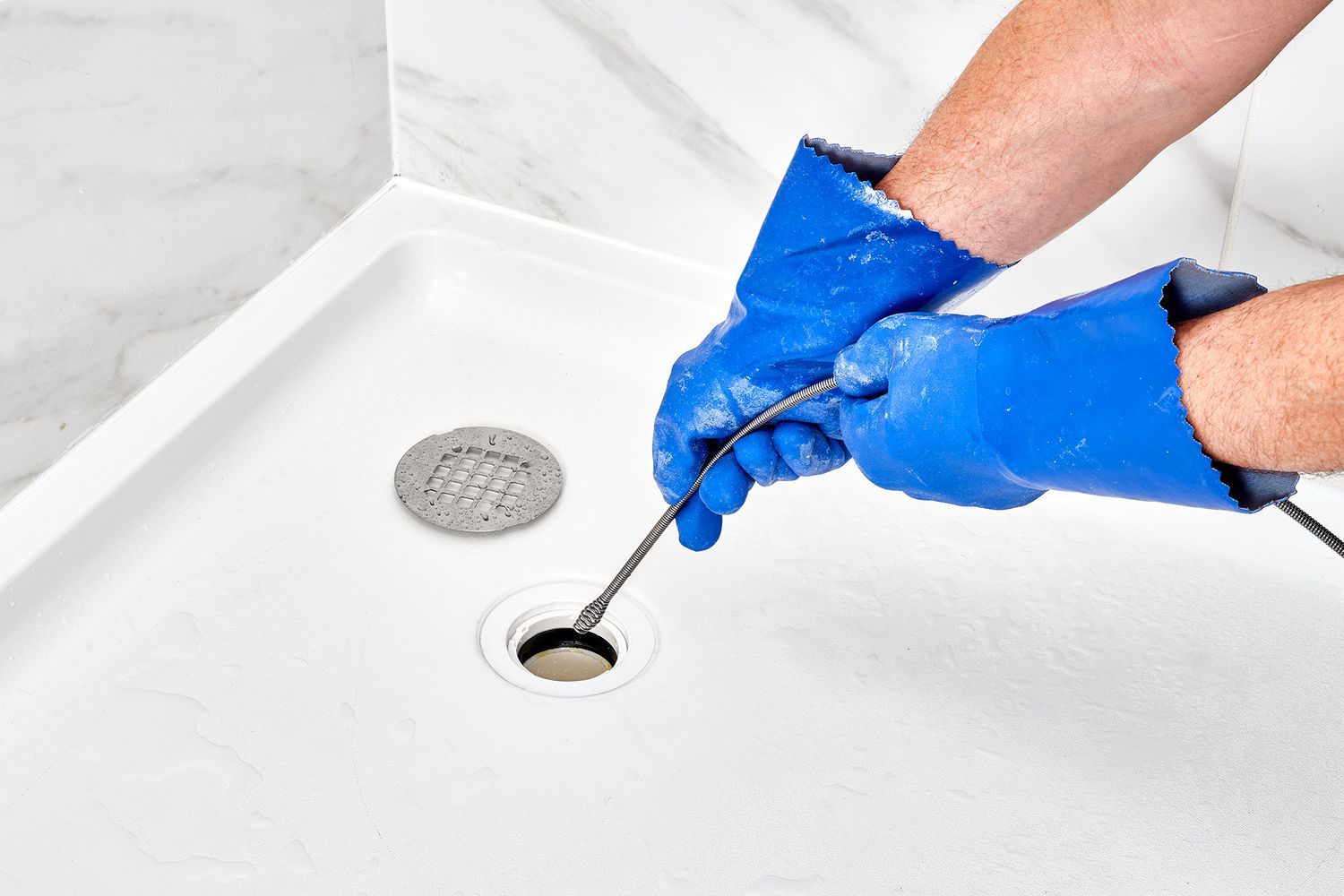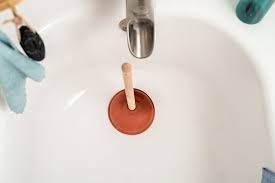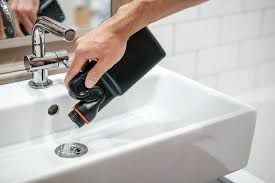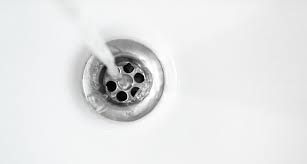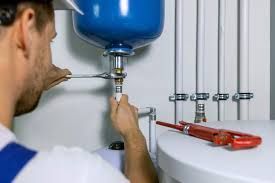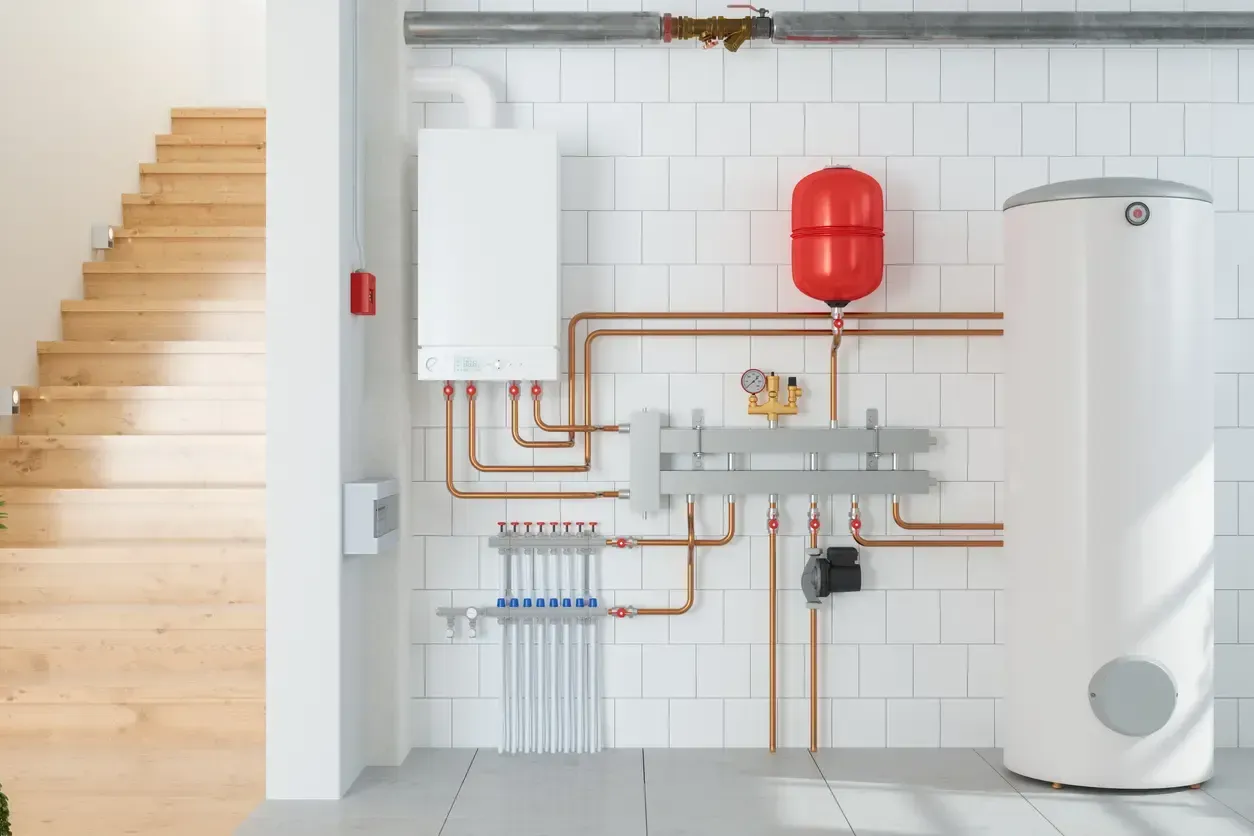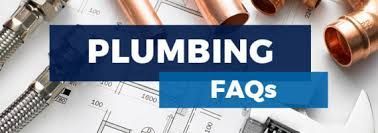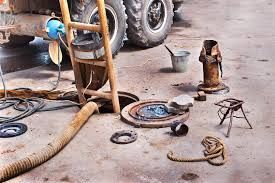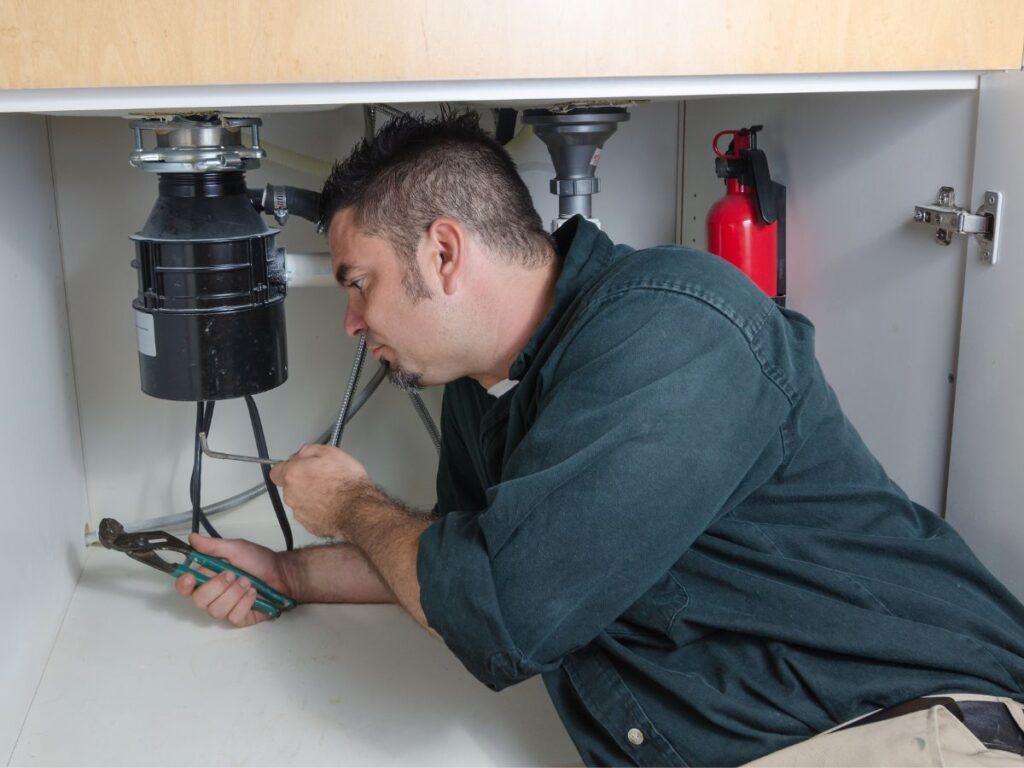Why DIY Drain Clearing May Not Be Enough: A Comprehensive Guide
When a drain gets clogged, your first instinct might be to grab a plunger, some drain cleaner, or a plumbing snake. While these DIY solutions can sometimes work, they often only provide a temporary fix. In many cases, the real problem lies deeper within your plumbing system. This article explores why DIY drain clearing may not be enough, the risks involved, and why professional drain cleaning services might be the best option.
"What to Do When Multiple Drains Are Clogged in Your Home"
Why DIY Solutions Often Fall Short
1. Surface-Level Fixes
Most DIY drain clearing methods address only surface-level clogs, such as hair, soap scum, or grease trapped in the upper part of the drain. While plungers and drain cleaners may offer temporary relief, they often miss deeper, more serious blockages. These clogs may reside in the main sewer line, requiring more advanced equipment and expertise to clear.
2. Limited Tools and Techniques
DIY drain cleaning tools like plungers and snakes can only reach so far down the pipe. They’re not designed for complex blockages like tree roots, solid debris, or mineral build-up that can accumulate over time. Without professional-grade tools such as hydro jetting or specialized augers, you may never fully remove the blockage, leading to recurrent clogs.
3. Misdiagnosing the Problem
A clogged drain may seem like a simple issue, but it can be a symptom of a much larger problem. Pipe damage, corrosion, or even a collapsed sewer line can present similar symptoms. Without the proper diagnostic equipment, such as video camera inspections, it’s easy to misdiagnose the problem, leaving your plumbing vulnerable to further issues down the line.
The Risks of DIY Drain Clearing
1. Potential Pipe Damage
Improper use of drain cleaning tools can cause significant damage to your plumbing. For example, aggressive snaking or using chemical cleaners can lead to pipe abrasions, cracks, or even breakage. Many chemical drain cleaners are highly corrosive and can weaken your pipes over time, especially in older plumbing systems.
2. Health Hazards
Chemical drain cleaners not only damage pipes but can also pose serious health risks. The fumes from these chemicals can be harmful if inhaled, and accidental skin or eye contact can result in burns or irritation. Professional plumbers use safer, more effective cleaning methods that won’t jeopardize your health or the integrity of your pipes.
3. Worsening the Clog
DIY efforts to clear a drain can sometimes push the clog further down the line, making the problem worse. If the blockage moves to the main sewer line, you could be looking at a complete plumbing backup, which is far more difficult and costly to address.
The Benefits of Professional Drain Clearing
1. Thorough Diagnosis and Long-Lasting Solutions
Professional plumbers use advanced diagnostic tools like video inspections to pinpoint the exact cause and location of the clog. This allows them to offer a long-lasting solution tailored to your specific plumbing issue, ensuring that your drain remains clear for the foreseeable future.
2. Effective and Safe Techniques
Licensed plumbers have access to powerful tools such as hydro jetting, which uses high-pressure water to completely remove blockages, including tree roots and mineral deposits. Unlike DIY methods, hydro jetting thoroughly cleans your pipes without causing any damage.
3. Preventative Maintenance
One of the biggest advantages of hiring a professional is the preventative maintenance they can provide. They can identify potential issues before they become major problems, saving you from future headaches and costly repairs. Additionally, professional services often include tips for maintaining your drains and avoiding future clogs.
When DIY Methods Are Not Enough
1. Recurring Clogs
If your drain clogs repeatedly, even after using DIY methods, it’s a sign that the problem is more serious than you can handle on your own. Recurring clogs often indicate a blockage deeper in the sewer line, which requires professional attention.
2. Multiple Drains Are Clogged
When more than one drain in your home is clogged, it’s likely that the issue is in your main sewer line. DIY methods won’t reach this far, and you risk causing more damage if you attempt to clear it on your own.
3. Slow Drains Throughout the House
If water is draining slowly in multiple fixtures, it could signal a widespread plumbing issue, such as a buildup of debris in your pipes or a failing sewer line. These problems require the expertise and equipment of a professional plumber to fix.
4. Sewage Backups
One of the most serious signs that DIY solutions aren’t enough is when sewage starts backing up into your home. This is a clear indicator of a blockage in the main sewer line, and it requires immediate professional intervention.
The Bottom Line: Call a Professional
While DIY drain clearing can sometimes solve minor clogs, it’s not a foolproof solution. The risks of misdiagnosing the problem, causing further damage, or dealing with recurring clogs make professional drain clearing the safer, more effective option. Certified plumbers use advanced tools and techniques to tackle even the toughest blockages, ensuring your plumbing system remains efficient and problem-free for the long haul.
Next time your drain clogs, consider the bigger picture before reaching for the plunger. It might just save you from a much bigger headache down the road.
This article not only highlights the risks of DIY drain clearing but also the advantages of professional help. With the right tools, training, and expertise, a licensed plumber can ensure your plumbing system is in top shape.
